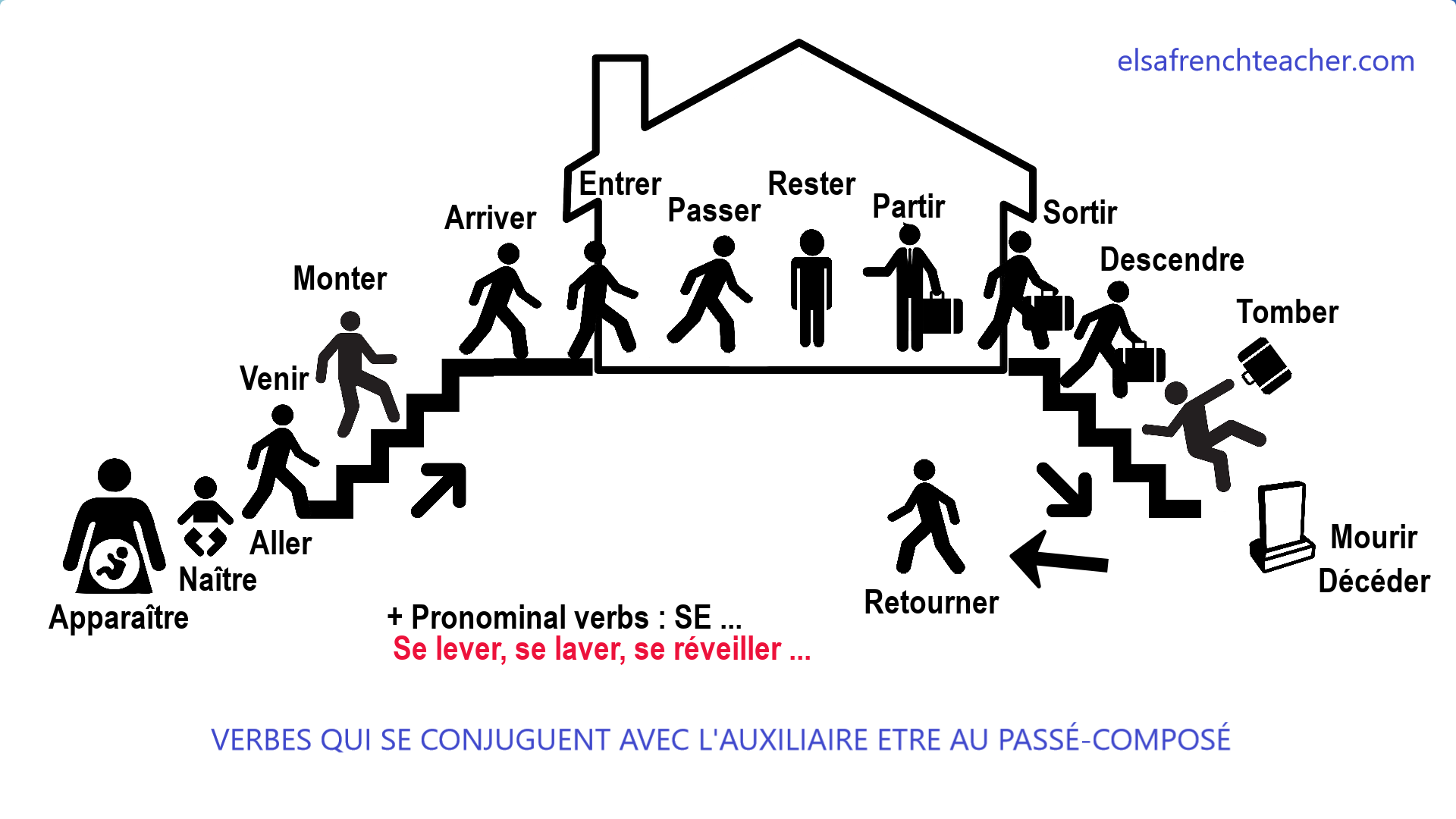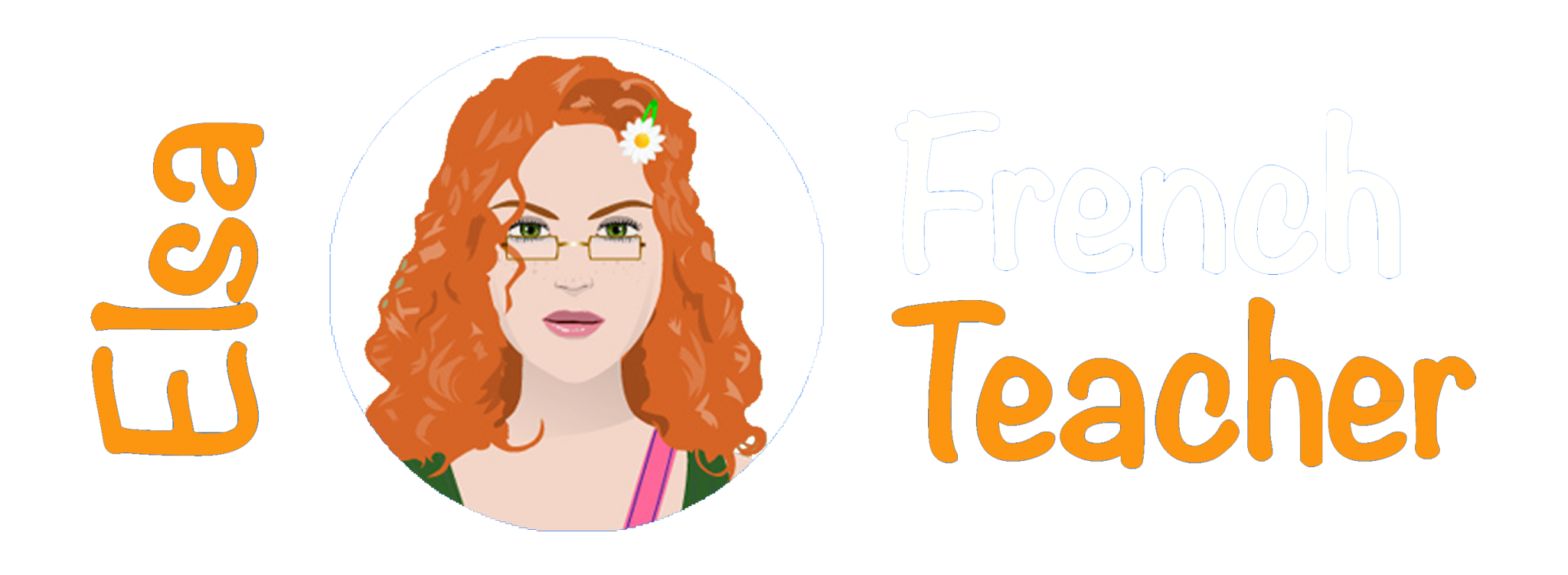Imparfait et passé-composé, quelle différence?


SOME EXPLANATIONS :
The imparfait and the passé-composé are the two main tenses of the French language that are necessary to express yourself in the past.
They should not be confused with the simple past and the past perfect in English because the logic of the past in French is very different from the English.
So let’s deep into the French logic.
WHEN YOU TELL A STORY IN THE PAST
When you tell a story, you need to differentiate two elements: the main actions and the background. The main actions are told in the passé-composé. The background in the imparfait. The background is the context of the story :
- the description of the environnement,
- the description of the people,
- the emotions of the people,
- your own emotions.
For example, let’s start a story with some actions :
J’ai mis mon manteau et je suis sortie, je suis allée au cinéma, j’ai regardé un film, j’ai mangé un sandwitch et je suis rentrée chez moi.
Here, you have six actions in the passé-composé. The story is logic and understandable, but lacks depth, lacks information. We need to set the background. So, let’s add some imparfait to this story.
Il faisait beau mais un peu froid donc j’ai mis mon manteau. C’était un long manteau noir discret et confortable. Je suis sortie au cinéma parce que je voulais me détendre. J’étais un peu stressée à cause de mon travail. J’ai regardé un film qui était très intéressant. Les acteurs jouaient très bien. Comme j’avais faim mais qu’il y avait trop de monde au restaurant, j’ai mangé un sandwich. Il était 22 heures et j’étais fatiguée donc je suis rentrée chez moi. C’était une très belle journée.
Now that you read the story with all these details, don’t you think it’s more interesting?
So, you can tell a story with the passé-composé only (that’s why we learn it first), but a really nice story needs both tenses: imparfait and passé-composé.
 I could stop here, but there is other information about those tenses I need to tell you.
I could stop here, but there is other information about those tenses I need to tell you.
A HABIT IN THE PAST
If you want to express a habit in the past, you also need to use the imparfait.
Quand j’étais petite, j’allais chaque week-end chez ma grand-mère.
(When I was little, I used to go and see my grand-mother every week-end.)
But be carefull, if there is a repetition of action in a specified time (with a beginning and an end) we use the passé-composé.
La semaine dernière, je suis allée trois fois chez ma grand-mère.
(Last week, I went to see my grand-mother three times.)
Here, we use the passé-composé because it’s not a habit in the past, it’s a repetition of the same action in a determined time (la semaine dernière).
AN ACTION IN PROGRESS
Here is a very specific way to use the imparfait and the passé-composé :
When an action is in progress (imparfait) interrupted by another action (passé-composé). Don’t panic, I’ll give you some examples :
Je marchais dans la rue, quand soudain il a commencé à pleuvoir.
(I was walking in the street, when suddenly it started to rain.)
Je regardais un film, quand tout à coup mon téléphone a sonné.
(I was watching a film, when all of a sudden my phone rang.)
You noticed that the first verb is in the imparfait: it’s an action in progress in the past. Sometimes we add the expression « en train de » to insist on the fact that it is a progressive action :
J’étais en train de regarder un film, quand mon téléphone a sonné.
The second action is in the passé-composé because it’s a specific action interrupting the first one. Very often we will use a word to express this interruption: soudain, tout à coup, quand, à cet instant etc.
CHARACTERIZATION OF A PERSON
We’ve said previously that we use the imparfait for the description of a person in the past.
Il avait peur des chiens, il aimait les fleurs …
That’s right, except if you talk about a momentary change in a person’s emotional state due to a specific event (same logic as before).
Il a eu peur quand le chien a aboyé.
(He was afraid when the dog barked).
Il a aimé les fleurs que tu as achetées.
(He liked the flowers that you bought).
 Voilà! I hope it’s clearer for you now.
Voilà! I hope it’s clearer for you now.
Don’t hesitate to ask your questions in the comments.
A bientôt!
Elsa



Mille merci professeur.
Je suis très heureux pour abonner votre chaîne et site internet.?
Very interesting you’re doing the best you can thanks… For me I will try as much as I can ; thus it’s silently complicated I needs more help if possible through my email please (sambosanss@gmail.com merc.
Merci beaucoup pour votre effort